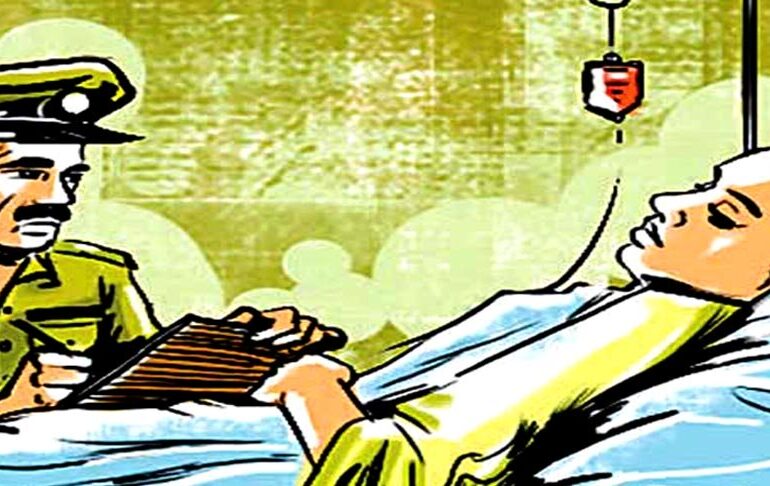Narco Analysis The term “narco-analysis” comes from the Greek word “marks,” which means “anaesthesia” or “torpor,” and it refers to a diagnostic and psychotherapeutic approach that uses psychotropic drugs, particularly barbiturates, to induce a coma…
READ MORE
The basic meaning of warrant is a document signed by a legal or government representative granting permission for the police or another organization to conduct a search or make an arrest as part of the…
READ MORE
The Indian Penal Code, 1860 defines rash driving or riding on a public way and causing death by negligence. Rash driving or riding on a public way is defined under Sec. 279 and causing death…
READ MORE
Introduction Why do people commit the heinous crime of child pornography? How are child pornographers different from those involved in actual sexual harassment? The introduction of relevant regulations will help contain this threat. Or is…
READ MORE
Introduction The term prima facie evidence refers to a legal scenario in which the prosecutor presents sufficient evidence to prove the defendant guilty. If you work in the legal field or are familiar with legal…
READ MORE

Introduction: Under the Criminal Procedure Code, 1973, the Discharge Application is the remedy that is granted to the person who has been maliciously charged. If the allegations which have been made against him are false, this Code provides the provisions for filing a discharge application. If the evidence given before the Court is not sufficient to satisfy the offence and in the absence of any prima facie case against him, he is entitled to be discharged. Classification of Criminal Cases: The two major classifications of criminal cases under the Code of Criminal Procedure are: 1.Cases instituted on the basis of a police report (Sections 238,243). 2. Cases instituted otherwise than on police report based on the complaint (Sections 244,247). There are four types of the trial procedures provided under Cr.P.C.: Summary trials (Sections 260,265), Trial of summons cases by Magistrates (Sections 251,259), Trial of warrant cases by Magistrates (Sections 238,250) Trial before a court of Sessions (Sections 225,237). The procedure of warrant cases is used for the trial of warrant cases by the Magistrates and the trial before the court of sessions. Whereas trial of summons cases by Magistrates and summary trials are tried in a summons case trial. Discharge of accused in warrant cases on the basis of a police report. The regular procedure of law …
READ MORE






